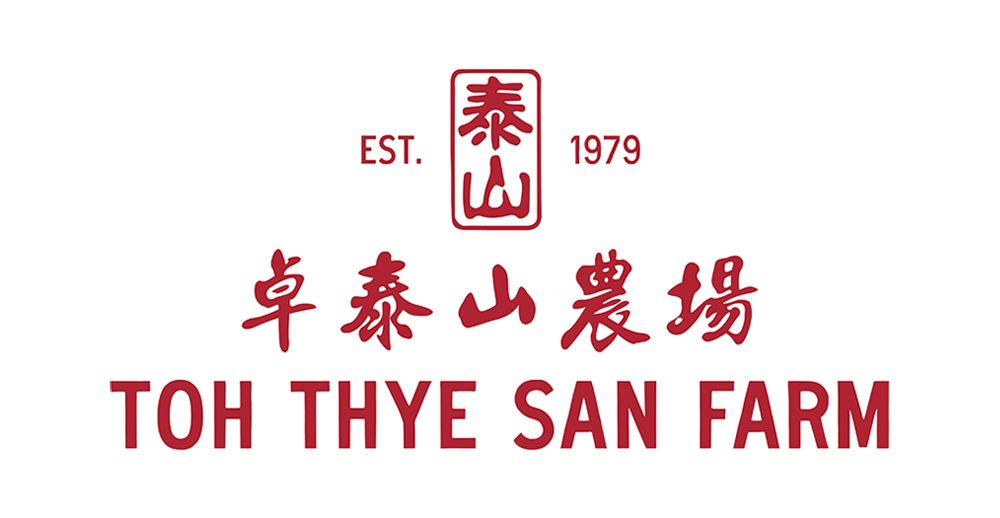This distinguished tea category has captivated the hearts of connoisseurs worldwide, offering a sensory journey beyond ordinary tea experiences.
Specialty tea is more than just a beverage; it is an artisanal creation crafted with care and expertise. From the moment the leaves are plucked to the intricacies of production, specialty tea represents the pinnacle of tea craftsmanship.
Its origins vary from lush tea gardens in scenic landscapes to remote regions where ancient traditions are cherished.
What sets Specialty Tea apart is its extraordinary attention to detail. Each tea variety undergoes a meticulous process, meticulously curated to accentuate its inherent flavors and characteristics.
This results in a diverse array of teas, from delicate floral notes to robust and earthy tones, creating a tapestry of taste that caters to every discerning palate.
Characteristics of Specialty Tea
At the heart of specialty tea lies its single-origin identity. Each tea is cultivated in specific regions, renowned for its distinct terroir and climate. This geographic uniqueness imparts exceptional flavors and nuances, making every specialty tea a testament to the land from which it originates.
The journey of specialty tea continues with the meticulous handcrafted processing it undergoes. Skillful artisans carefully pluck, with utmost precision, the tender tea leaves and buds.
These leaves are then expertly processed through artisanal techniques, preserving the tea’s innate flavors and aromas. The attention to detail at every step of the production ensures that the tea reaches its full potential, offering an unmatched sensorial delight.
Specialty tea also highlights the focus on specific tea varietals. From the delicate elegance of white tea to the robustness of black tea and the refined complexity of oolong tea, each variety showcases its unique charm and character.
This diversity of tea varietals offers a spectrum of taste experiences for tea enthusiasts to explore and cherish.
Types of Specialty Tea
From the delicate charm of white tea to the bold richness of black tea, each specialty tea type offers a unique flavor profile and a tea experience like no other.
1. White Tea:
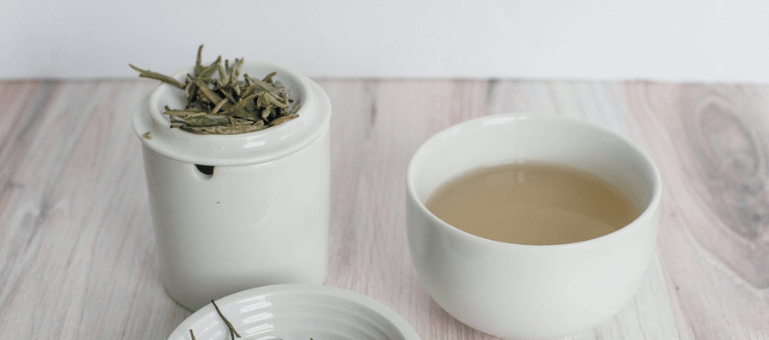
White tea, the embodiment of subtlety and grace, is cherished for its unprocessed nature. Made from young tea buds and leaves, this tea variety boasts a delicate and light flavor, with floral and sweet undertones. White tea’s minimal processing allows its natural flavors to shine through, making it a truly elegant and rejuvenating choice.
2. Green Tea:
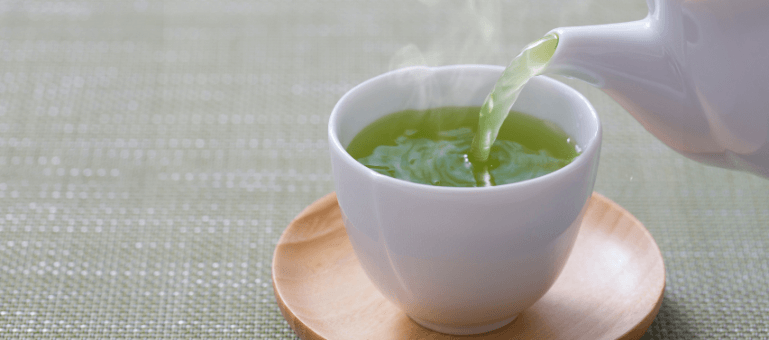
Green tea, celebrated for its health benefits and fresh taste, is crafted through gentle steaming or pan-firing of tea leaves. Its flavor ranges from grassy and vegetal to nutty and floral, depending on the region and processing methods. With its vibrant green hue and invigorating qualities, green tea offers a refreshing and revitalizing tea experience.
3. Oolong Tea:
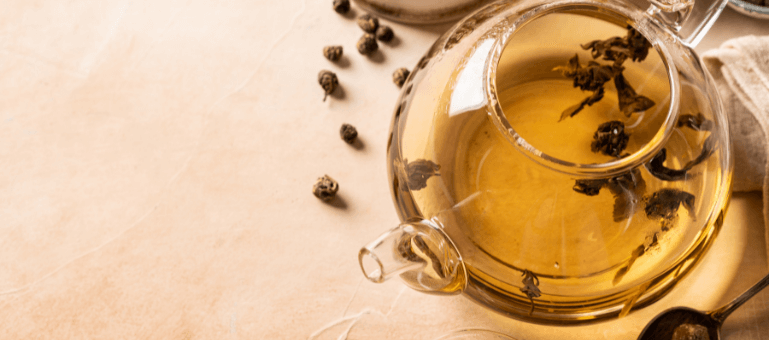
Oolong tea strikes a perfect balance between the characteristics of green and black tea. Its semi-oxidized leaves yield a wide spectrum of flavors, from fruity and floral to toasty and honeyed. Oolong tea’s complexity and lingering aftertaste make it a beloved choice for tea enthusiasts seeking a multi-dimensional tea journey.
4. Black Tea:
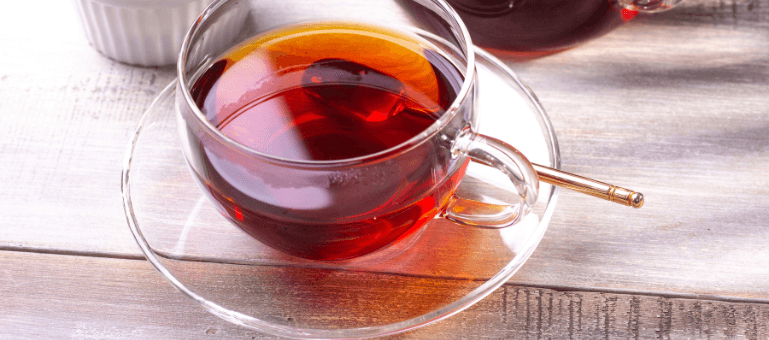
Bold and robust, black tea is fully oxidized, resulting in its dark color and rich flavor. Its taste varies from malty and sweet to smoky and robust, depending on the tea estate and processing techniques. Black tea’s versatility allows it to be enjoyed plain or with milk and sweeteners, making it a favorite morning companion for many.
5. Pu-erh Tea:
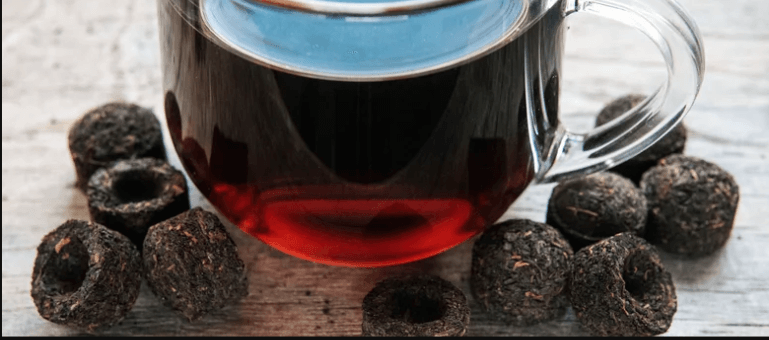
Pu-erh tea, aged to perfection, exhibits a distinct earthy and fermented flavor. Compressed into cakes or bricks, this tea type matures over time, developing deep and complex notes. Pu-erh tea’s depth and unique profile make it a connoisseur’s choice, perfect for those who appreciate the refined art of aged teas.
The Global Specialty Tea Industry
The specialty tea industry has experienced remarkable growth in recent years, with a growing number of tea enthusiasts seeking unique and high-quality tea experiences. This surge in demand has given rise to an expanding market that showcases a diverse array of specialty tea varieties from around the world.
The tea industry market trends reveal a captivating tapestry of flavors and innovations. Tea connoisseurs are drawn to the exploration of single-origin teas, each boasting its unique terroir and flavor profile.
Additionally, flavored specialty teas, thoughtfully infused with natural ingredients, have gained popularity among those seeking delightful and creative tea blends.
Consumers are increasingly seeking out specialty tea shops, where they can immerse themselves in a world of tea expertise and discover teas handpicked by knowledgeable tea sommeliers.
These specialty tea shops serve as havens for tea enthusiasts, providing curated collections and personalized tea recommendations that elevate the tea experience to new heights.
The rise of online retailers has also played a significant role in the global specialty tea industry, making it easier for tea enthusiasts to access a wide range of specialty teas from the comfort of their homes.
With a few clicks, tea lovers can explore teas from various regions, discover limited-edition releases, and connect with like-minded tea aficionados through virtual tea communities.
Tea sommeliers, with their deep understanding of tea varieties and brewing techniques, have emerged as ambassadors of specialty tea culture. Their passion and expertise in guiding consumers to make informed choices have contributed to the appreciation and exploration of specialty teas worldwide.
Specialty Tea Brewing and Tasting
Savoring Specialty tea at its best requires a delicate balance of brewing techniques and tea appreciation. As we delve into the art of brewing and tasting, we’ll uncover the secrets to unlocking the complex flavors and aromas that specialty tea has to offer.
Water Temperature: The first step to brewing specialty tea is to heat the water to the appropriate temperature. Different types of specialty teas require specific water temperatures to coax out their unique characteristics.
For delicate green and white teas, use water just below boiling point (around 175°F or 80°C). Black teas and oolongs benefit from slightly hotter water (around 195°F or 90°C), while pu-erh teas shine with water close to boiling (around 212°F or 100°C).
Steeping Times: The steeping time is crucial in bringing out the full flavor potential of specialty teas. Too short, and the flavors may be underdeveloped; too long, and the tea might become bitter.
Generally, green and white teas require shorter steeping times (around 1-3 minutes), black teas and oolongs a bit longer (around 3-5 minutes), while pu-erh teas can steep for several minutes or even multiple infusions.
Tea Infusion Techniques: Specialty tea brewing is an art that goes beyond the basics. Some teas, such as oolongs, benefit from multiple short infusions to fully reveal their layered flavors. Experiment with the number of infusions and steeping times to uncover the depth of each tea.
Teapot and Teacup: The choice of teaware can enhance the tea-drinking experience. Clay teapots are often favored for their ability to season over time, enhancing the tea’s character.
Porcelain or glass teapots are excellent for admiring the unfurling tea leaves during steeping. As for teacups, using a cup with a wide rim allows the tea’s aroma to be fully appreciated.
During tea tasting, take a moment to appreciate the tea’s appearance, inhale its enticing aroma, and savor the taste on your palate. The journey of specialty tea tasting is one of discovery and delight, with each cup revealing new facets of flavor and depth.
Specialty Tea Culture and Traditions
As we journey through the enchanting realm of tea culture, we’ll uncover tea ceremonies, time-honored practices, and the profound connections that tea fosters within communities.
Tea Ceremonies: In various cultures, tea ceremonies hold a place of honor, symbolizing hospitality, respect, and unity. Japan’s iconic tea ceremony, known as Chanoyu or Sado, embodies tranquility and simplicity, with each gesture meticulously choreographed. In China, the Gongfu tea ceremony showcases the skillful art of steeping tea in small clay teapots, allowing tea aficionados to savor multiple infusions of exquisite teas.
Cultural Practices: Specialty tea often weaves its way into the fabric of daily life, carrying with it a sense of tradition and heritage. In Morocco, the mint tea ceremony is a symbol of hospitality, with the tea’s sweet aroma filling the air as a gesture of warm welcome. In India, chai, a spiced tea blend, is a cherished part of social gatherings, forging connections and fostering camaraderie.
Tea Etiquette: The art of tea appreciation is accompanied by tea etiquette, a set of customary manners observed during tea gatherings. From the way tea is poured to the respectful gestures exchanged during the ceremony, tea etiquette reflects the values of humility, grace, and mindfulness.
Tea Heritage: For centuries, specialty tea has been an integral part of cultural heritage, passed down through generations as a treasured legacy. Each region’s tea-growing techniques, tea processing, and unique blends contribute to the diversity of tea culture and its enduring appeal.
Specialty tea culture not only celebrates the aromatic and flavorful beverage but also serves as a conduit for strengthening bonds, fostering friendships, and expressing gratitude. Through tea ceremonies and cultural practices, communities come together to share moments of serenity, rejuvenation, and reflection.
Specialty Tea and Sustainability
Nurturing nature through specialty tea has become a prominent focus within the industry, as tea enthusiasts and businesses alike recognize the significance of sustainable practices.
In this exploration of sustainability, we’ll delve into eco-friendly initiatives, ethical sourcing, and the invaluable support Specialty tea offers to local tea communities.
Eco-Friendly Practices:
Many Specialty tea producers are embracing eco-conscious techniques to minimize their environmental impact. Sustainable tea production entails responsible farming methods that prioritize soil health, water conservation, and biodiversity preservation.
By opting for organic and biodynamic approaches, specialty tea farmers contribute to the preservation of natural ecosystems.
Ethical Sourcing:
The essence of specialty tea lies not only in its exceptional flavor but also in its ethical journey from garden to cup. Ethical sourcing ensures fair wages and improved livelihoods for tea workers, empowering communities and fostering social well-being.
By supporting brands with transparent supply chains, consumers can contribute to positive change in the lives of those who cultivate our beloved teas.
Tea Community Support:
Specialty tea is rooted in the bonds formed within tea communities. By investing in specialty teas from specific regions, consumers and businesses provide vital support to tea-growing communities, promoting sustainable livelihoods and preserving traditional tea-making techniques.
Trade Events and Sourcing Specialty Tea:
Trade events and exhibitions play a vital role in connecting hotel and restaurant businesses with specialty tea suppliers from across the globe.
Attending such events allows businesses to explore an extensive range of high-quality teas, discover new tea varieties, and build relationships with passionate tea growers.
These interactions not only enable businesses to source premium teas but also provide insights into sustainable practices and the stories behind each tea, enriching the tea experience for customers.
Concluding Thoughts
In conclusion, specialty tea offers a world of diverse flavors, cultural richness, and environmental consciousness.
Exploring this realm allows us to appreciate the artistry of tea making, embrace tea traditions, and make mindful choices that support sustainability and tea-growing communities. Let’s celebrate the joy of specialty tea and its impact on both our taste buds and the world around us.





















